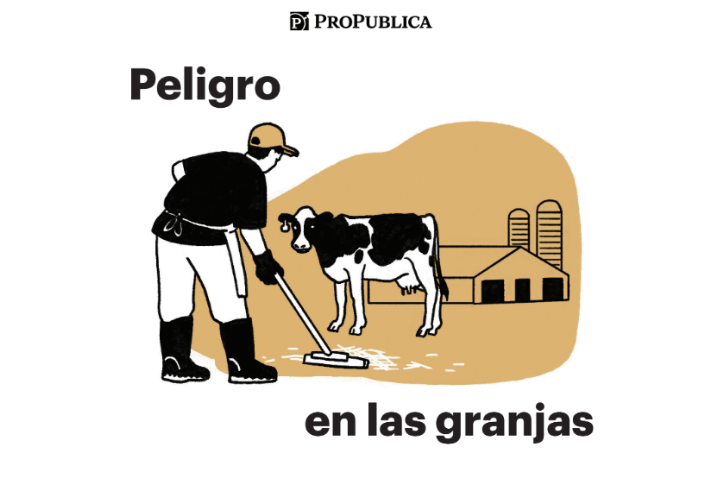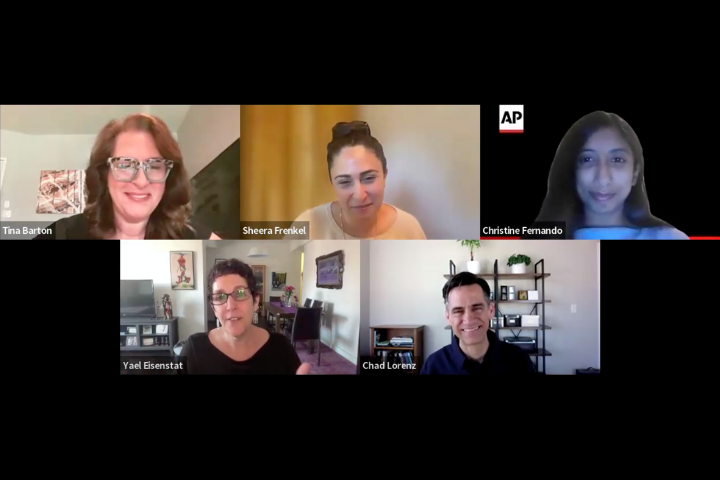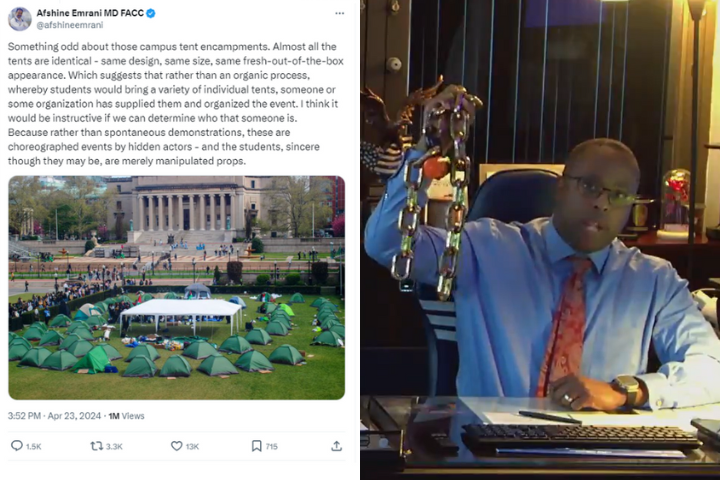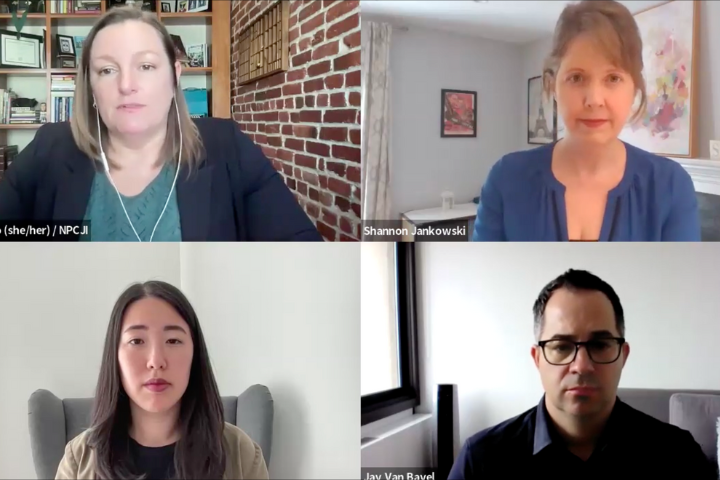
Local news is a vital resource, but many people feel that the news doesn’t fully reflect their communities or give sufficient coverage to the issues they care about. Moreover, financial pressures have resulted in the shrinking or demise of many news outlets, making it harder to adequately serve communities and leading to gaps in coverage where disinformation can take hold.
Strengthening relationships between community members and journalists can help the media better serve community needs; yet according to Pew Research Center, 78% of adults have never even spoken to a journalist. To help address this missed opportunity, PEN America asked journalists for their suggestions about how community members can reach out to them, request coverage or share feedback, and ultimately build lasting relationships. This guide shares what we learned.
The survey
In May 2024, PEN America shared an informal, qualitative survey with a small number of U.S. journalists about how they prefer to be approached by community members and what, in their experience, makes for a mutually beneficial relationship.
Ten journalists provided suggestions. Of these, eight were local journalists, while two were national. Women and people of color represent about half of respondents. The journalists work in four states located in the Midwest, the Northeast, and the South. To give the journalists freedom to be candid, we’ve preserved their anonymity.
How to approach a journalist with a request
When you first reach out to a journalist, you might be pitching a story, inviting a reporter to cover an event, providing a factual correction, or simply asking to have coffee to share information about your work or community. How you approach this initial request will play a big role in achieving your goal – or not.
Two themes to keep in mind for your first contact with a journalist are relevance and significance.
First, find the right person. Journalists are deluged with requests for coverage. Making an effort to find a journalist relevant to your topic shows consideration and makes it much more likely that you’ll get a response. Reviewing a news outlet’s website, look for journalists who have written about your topic or related issues, and email or call them directly. If you have trouble finding a relevant journalist, try asking an editor or news director at the publication to suggest someone.
“Sometimes I get email pitches that clearly don’t relate to my beat – pitches about fashion, for example – and I just delete those automatically,” noted a democracy reporter in Wisconsin.
Next, be clear about why it matters. Explain concretely why the issue or event matters to the community or your goal or mission. Try to suggest not just a topic or event but a story, complete with the specific setting, key characters, conflict, and important moments. What’s the actual news or trend at play here? And why do you, personally, care so much?
How to follow up without pestering
Don’t be surprised if you don’t hear back from that initial email or phone call. There was consensus among the surveyed journalists that it’s normal for a first inquiry to be ignored – and that it doesn’t mean the journalist doesn’t care about your issue.
“I currently have 1,613 emails in my inbox,” explained the Texas-based executive director of a news organization. “I miss emails all the time.”
Most of the journalists suggested that you should feel free to follow up one time – and perhaps try a phone call as opposed to an email – but then, if there’s no result, move on to another journalist at the same publication or a different outlet.
Things to do when reaching out
In addition to finding the right person, explaining why the issue matters, and following up, there are other things you can do to increase your chances of getting a positive response. In particular, try to anticipate the journalist’s needs, and take steps that could make it easier for them to start working on your story.
Give plenty of notice. If you’re requesting coverage for a planned event, reaching out well in advance (“ideally two weeks,” suggests a Texas editor) will make it more likely that the person can fit you into their calendar. Providing lead time is extra important considering you will likely need to reach out more than once or try someone else to break through.
Share documents, photos, materials. If you have relevant photos, videos, or other documents that illustrate your issue or bring it to life, make sure to share them. They might be a decisive part of the final story, or they might just help the journalist visualize what’s going on and recognize why it matters.
Line up a few people who will serve as sources. Because sources are a key part of any news story, arranging in advance for people to be a source helps lay the foundation for coverage. The gold standard is individuals directly affected by the issue and experts who are willing and available to speak. If possible, explain who the people are, what their connection to the issue is, and when and how they’ll be available.
“Have at least one or two people who are willing to be interviewed (preferably on the record) lined up,” recommended a Pennsylvania-based investigative journalist. “This makes a huge difference! It’s much harder to write a story about something that no one wants to talk to us about.”
Things not to do when reaching out
You should be also mindful of common missteps that members of the public can make when approaching journalists. Some of these are pet peeves of media professionals, while others are actively counterproductive. Avoiding these will make it much more likely that a journalist will choose to engage with you.
Don’t demand coverage or get angry if your request is declined. You’re probably reaching out to a journalist because you care deeply about something. Passion is great, but make sure that you are requesting coverage and not demanding it. Similarly, if your request is declined or ignored, avoid responding with anger or a guilt trip. Journalists are overburdened and frequently face harassment and criticism, so they’ll appreciate it if you’re reasonable and recognize that they can’t cover every worthwhile topic.
Don’t send messy or lengthy explanations. Be careful of details like the spelling of the journalist’s and publication’s names. Be concise with your writing so that someone can quickly understand what you want. Make sure your request has a question mark at the end and isn’t one of those “more of a comment” questions.
“Don’t send something so long that it takes me more than a minute or two to read,” advised the Texas news director.
Don’t try to control the process. Journalists are professionals with their own preferences and requirements for working. While it’s okay to ask questions and express concerns, don’t tell the reporter what to write or how to write it. Similarly, don’t CC top editors when you reach out, and don’t ask to review the story before it’s published.
“Suggest a story, but don’t tell the person what to write or how to write it,” said a New York-based freelance journalist. “Even if you think your [point of view] is the only correct one, the media doesn’t exist to be your PR agency, so don’t be surprised when the final story differs from what you suggested.”
What do journalists want the general public to know about them and their work?
As with any profession, the public perception of journalism is different from the experience on the inside. We asked the journalists what they wish the general public better understood about journalists and their work. This is important for developing empathy and cultivating a genuine relationship with a journalist. The general themes are that journalists are doing their best and working against a vast array of limitations – many of which are invisible to the public.
Journalists can’t do it all. Journalists are always juggling story ideas and requests and don’t have the time or resources to cover every story they’d like to tell. When a journalist is unable to cover something, you shouldn’t take it personally or view it as a sign that they don’t care.
Journalists are human beings, and they’re trying their best. News professionals are spread thin and need to make difficult choices. They appreciate when people respect their decisions and treat them with patience – especially because there’s a lot of behind-the-scenes news production work that audiences don’t see.
“If you do work with a reporter, [remember that] the reporting process can take a while as reporters juggle other news and stories or as they do additional research,” explained a community engagement reporter based in Texas. “We want to get things right to accurately tell a story and build trust with our readers.”
The recipe for a good relationship between a community member and a journalist
Finally, we asked the journalists to reflect on the community relationships they have enjoyed the most. What did these relationships have in common? What’s the recipe for a good relationship between a community member and a local journalist? Here’s what we heard.
Mutual respect and consideration are key. This means acknowledging professional boundaries, limitations, and requirements, as well as being mindful of simple logistics related to creating news stories. Respond to reporters’ emails promptly, be reliable and honest, and be willing to provide information and make introductions. All of these actions create goodwill that journalists will appreciate and return. Remember that each party has something to offer the other.
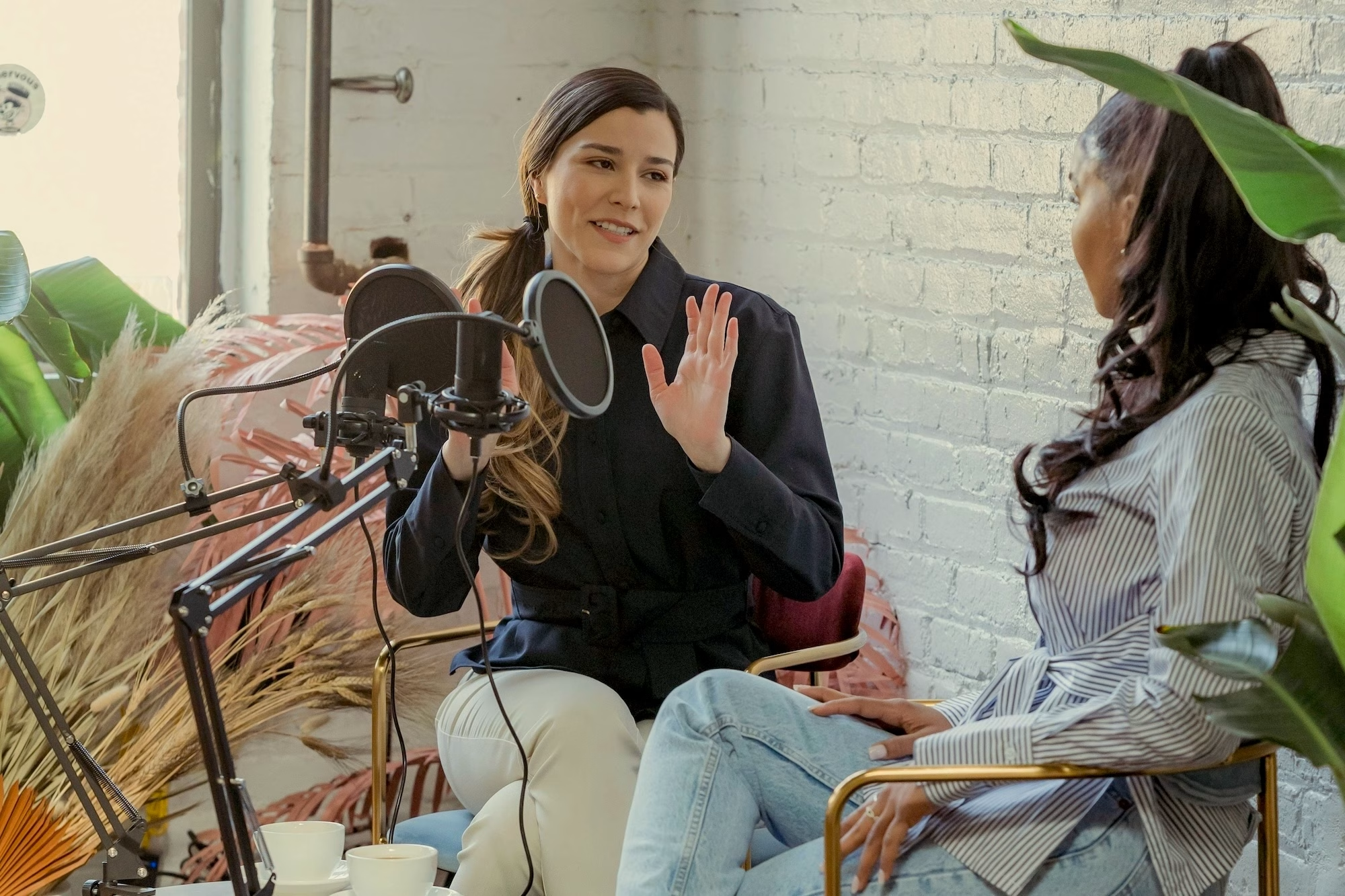
In an ideal journalist/community member relationship, according to a Pennsylvania-based former editor/producer, “we respect each other’s schedules, respond in a timely manner, and we know the value of the relationship. You can help me tell compelling stories, and I can help you share what you are working to do.”
The ultimate goal is a genuine, ongoing relationship. Even though journalists are busy, respondents broadly agreed that they value an ongoing relationship with community members. In other words, don’t just reach out once because you want something; make a plan to stay in touch and work together over time.
“I appreciate when community leaders stay in touch about things they’re finding interesting in the community and tip me off on potential story ideas from time to time,” said the investigative journalist from Pennsylvania. “Even if we can’t write them all, the information helps inform our overall understanding of the communities we serve.”
How to keep control over your narrative
Finally, as a community member coordinating with a journalist, you are likely to encounter power dynamics. Having someone else tell your story is sensitive, and it’s common for challenges and disagreements to emerge.
In order to do their work, journalists require independence and objectivity, and that means they need to exercise autonomy and control over much of the process. At the same time, however, you can exercise control over all aspects of your own involvement. For example, it’s absolutely appropriate to ask questions, get clarity on the journalist’s viewpoint and goals, raise concerns, and decline requests that you don’t feel good about.
Plan to share control – and share your feelings. Just like in any relationship, you should expect to share and negotiate control so there’s a balance that feels acceptable to both parties, and you may find that periodically checking in with each other can keep things copacetic. Try to accommodate as best you can, but verbalize your boundaries, and don’t sacrifice your comfort.
And remember: if a journalist makes a mistake or does something that upsets you, don’t give up. Instead, respectfully share your feelings and, depending on their reaction, give them another chance. Similarly, if you have a negative experience with an individual journalist, don’t lose hope on working with the media. Instead, reflect on what you’ve learned and consider working with someone else next time.
Ultimately, your effort to build and manage relationships with journalists can yield great outcomes for you and your community. With these recommendations and a healthy dose of respect and humility, you can end up with a relationship that’s mutually beneficial and honors what both parties have to offer.

